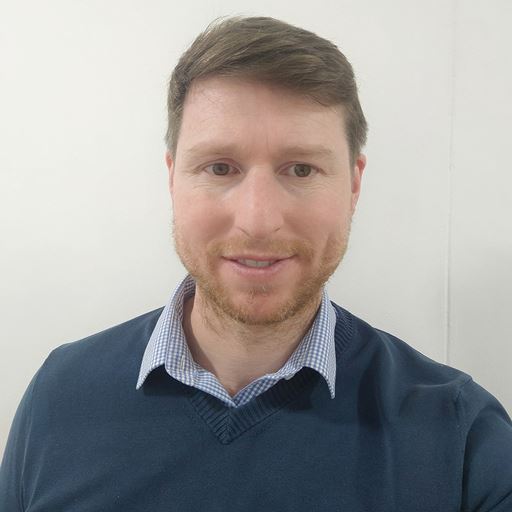“Arbitrary detention is a human rights violation, and can constitute a gateway to further violations, including torture and enforced disappearances,” he explained. “Redressing this deplorable practice is imperative for the rule of law and the protection of human rights.”
Matthew is one of only five members worldwide appointed to this Working Group.
We asked him to explain the role and its significance.
What does being a member of this Working Group involve?
The group is composed of five independent experts of balanced geographical representation. I am the member from the Western European and Other States, which includes New Zealand, Australia, Canada, the USA, and Israel. As United Nations Special Mandate holders, we act with independence, impartiality, and integrity.
There are three main areas of activity.
First, we investigate individual complaints of arbitrary detention. In this respect, we invite responses from the relevant governmental authorities and, based on all the information we receive, we issue opinions as to whether the detention is arbitrary and in violation of international human rights standards.
Second, we conduct country visits to assess the situation regarding detention in particular states.
Third, we carry out broader inquiries into patterns of arbitrary detention and its impact. Recent examples of these broader reports include the detention of human rights defenders and of women.
Our overarching aim is to reduce and eventually prevent the occurrence of arbitrary detention around the world.
What did you have to do to apply for it?
Although the role was recommended to me, I completed the application and candidacy procedures myself. The appointment, which is ultimately made by the Human Rights Council, involves several stages.
First of all, there was the nomination, which in my case was done on an individual basis, without any involvement of my state of nationality.
Then, there was a short-listing stage, in which the 15 most eligible candidates were selected. Those short-listed candidates' applications are openly available on the website of the Office of the High Commissioner for Human Rights (OHCHR).
And finally, there was an interview by the Human Rights Council's Consultative Group (including Ambassadors).
The Consultative Group then proposed its top three candidates in order of preference to the President of the Human Rights Council for consideration and proposal to the Human Rights Council. Both the Consultative Group and the President considered me to be the preferred candidate, and I was duly appointed as a Special Mandate Holder on the Working Group.
What do you believe led you to getting this role?
The role brings together my academic focus with my practitioner experience.
As an academic, I have taught and published on a broad range of topics including human rights institutions, atrocity crimes, digital evidence, and fair trial rights.
As a practitioner, I worked for around 15 years in The Hague investigating and prosecuting cases of genocide, crimes against humanity and war crimes in multiple international courts (primarily the ICC and ICTY).
I also worked as a Human Rights Officer with the United Nations in Afghanistan, focusing on reporting and detention. Having seen the conditions of detention in locations such as prisons in Afghanistan, I am motivated to ensure that such detention is not conducted in an arbitrary manner.
How do you feel about the role?
Although it will be a lot of work, I look forward to contributing to the deliberations and addressing the caseload. I also look forward to learning about our methodology and seeking ways to enhance the Working Group's efficiency and impact.
Is it for a set period of time?
The role is a three-year term, renewable once, for a total of six years. The Working Group was established by the then Commission on Human Rights, in its resolution 1991/42, and was most recently extended by the Human Rights Council resolution 42/22 of 2019.

.jpg?mh=500&mw=500&hash=6568B6C9CCF5290A596BEF6678B6AD0E)




